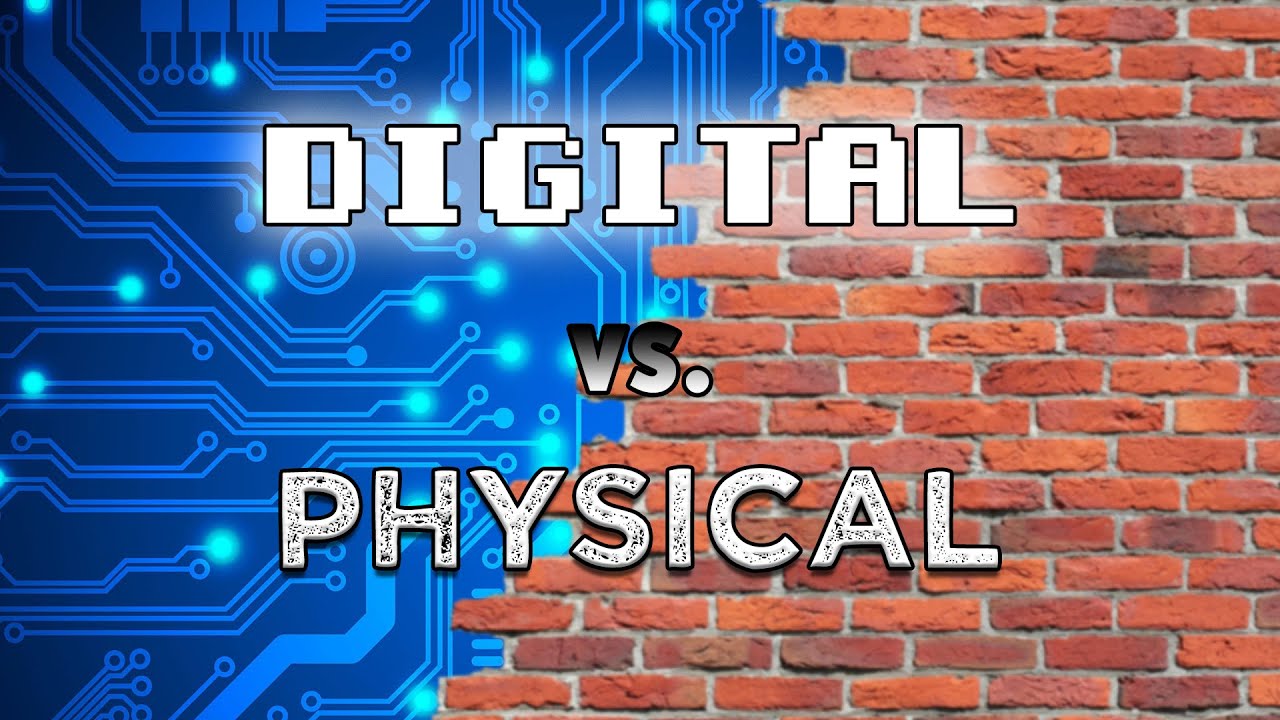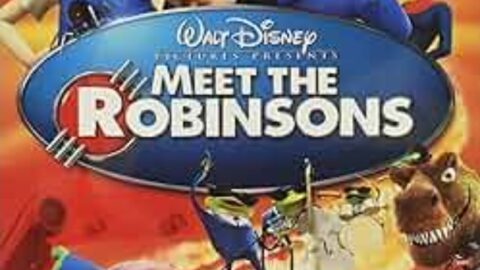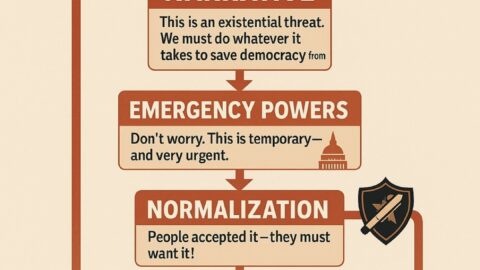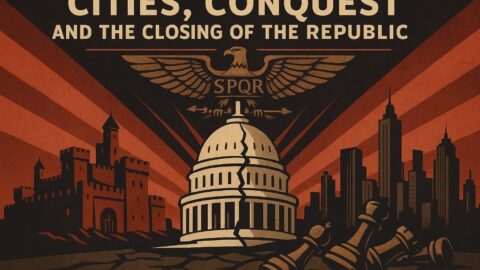By Iron Tiger
Last week talk radio host Glenn Beck took to the airwaves to announce that his entire podcast had been removed by Apple. Well over a decade of his show vanished in what seemed like a Thanos Snap. Several hours of phone calls later, the show was partially restored, but in light of the fact that we’ve seen the deplatforming of other entertainers and commentators like Alex Jones, and the complete demonetization of others like Steven Crowder, for a moment it seemed as though Beck was next in line to be erased by the tech tyrants. While it seems there’s still more work to be done, that at least part of the show was restored must have been a relief to many fans of Beck’s work. But it did remind me of another issue I have concerns about which gets little attention. As we go more digital, more of our art and history have the potential to entirely vanish without a trace. How then can we share our favorite art, stories, or history with future generations?
Not long ago Disney Plus found itself in a bit of controversy when it re-released the popular Lilo and Stitch for the streaming platform. Fans noticed that the scene where Lilo hides in the dryer was modified so she hides in a small commode behind a pizza box. While we all know a dryer isn’t a safe hiding place for a child, the altered scene changed the original design and intent of the film’s artists. As fans have watched more and more of the classic Disney catalog, a large number of alterations have been found. If you are someone who does not own a VHS, DVD, or other optical media, these altered versions are all you have access to.
Digital media has grown in popularity over the years, but again, it opens the opportunity for people to meddle with content, or completely remove it. Years ago, on the PlayStation 4, a mysterious new playable trailer was dropped unexpectedly. It featured you wandering through a looping hallway, being stalked by a terrifying ghost, taunted by the radio, and unable to escape a hallway that got crazier and crazier every time you passed through it. The game was simply called PT. Everyone playing took to the Internet to work together and try to solve the mystery of this haunted hallway. Together, we eventually did and were treated to a stunning trailer for an upcoming Silent Hill game, of which this playable demo was a small taste. It was terrifying, but exciting and one of the best survival horror experiences in years. Then Konami (the game’s publisher) fired Hideo Kojima, the game’s producer, and director. Then the game was completely pulled from digital distribution. Unless you still have the game downloaded, the game is completely gone. And even if you do have it downloaded, because there is no longer a license online, you can’t move it to a newer console. Once the PS4s that still have it on their hard drives break down, as all machines do with time, this amazing horror experience will disappear forever. Had the game been released with a physical disc, the opportunity to preserve the experience would surely survive.
Getting back to movies, digital distributor Ultraviolet shut down in 2019. When that happened, my wife and I lost over 100 movies, even though we had linked the account to (then) Walmart’s Vudu service. Meanwhile my father only ever purchased one digital movie, the Life of Pi, a digital copy that vanished on him about a year later, and he was never able to recover it. During the 3D TV era, my wife and I bought several movies that did not get a 3D Blu Ray release. Even though our 3DTV still works fine, one by one, the digital copies of those films have vanished from our Vudu account. You see, with movies, games, even digital books on Nook, and Amazon Kindle, if it’s taken off their servers, it’s gone forever.
Streaming services are in the midst of a market retraction. As streaming companies look to save money, many shows are being deleted from the servers to make room for newer, more successful shows. These shows vanish from the various services all the time, and once they’re gone, they’re gone.
These issues may not seem related to the problem of de-platforming, but to me, they all fit together into a larger problem, preservation. We all have things we love that we hope will never go away. These are things we hope to share with future generations, whether for their entertainment or edification. We have a reason to preserve the past. Tragically, we are now competing with new technologies that make the total erasure of the past possible. Whether it’s the de-platforming of important voices, altering past art, or completely removing past art from digital platforms, the task of preserving our history, our art, and our culture is growing more and more difficult.
So, what can we do? I’m of the opinion that we should continue to support physical media. Voices like Beck should consider creating an archive of his work so that his fans have that as an option. There are people I have met who collect newspapers. That might be difficult to do now, but again, something physical can be protected from later editing, or erasure. In my view, preserving our history and culture seems to be becoming more and more important the more the tech tyrants try to silence, alter, or erase it.








One Response
My wife and I have made it a point to make hard copy photo albums for more than forty years. I know many people who have thousands of pictures on their devices and even more backed up in the cloud not realizing that all those memories could vanish in a heart beat. Gone forever. We have also been the family collector of books and we have thousands of them that go back to the 1800’s.
Through out history book burnings are common place when a new regime takes control of lands they have conquered and in many cases these great writing have been destroyed forever. Throughout the past few decades America has been destroying our history trying to erase our past or even worse rewrite it so our children will never know the truth of our great nation.
If you do not have an old dictionary get one for our society has been changing the definitions of words to fit their narratives. For example look up the word marriage from a 1953 Webster dictionary and compare it to new dictionaries being printed today. The changing of a words meaning is one of the great problems we are seeing in our currant society.